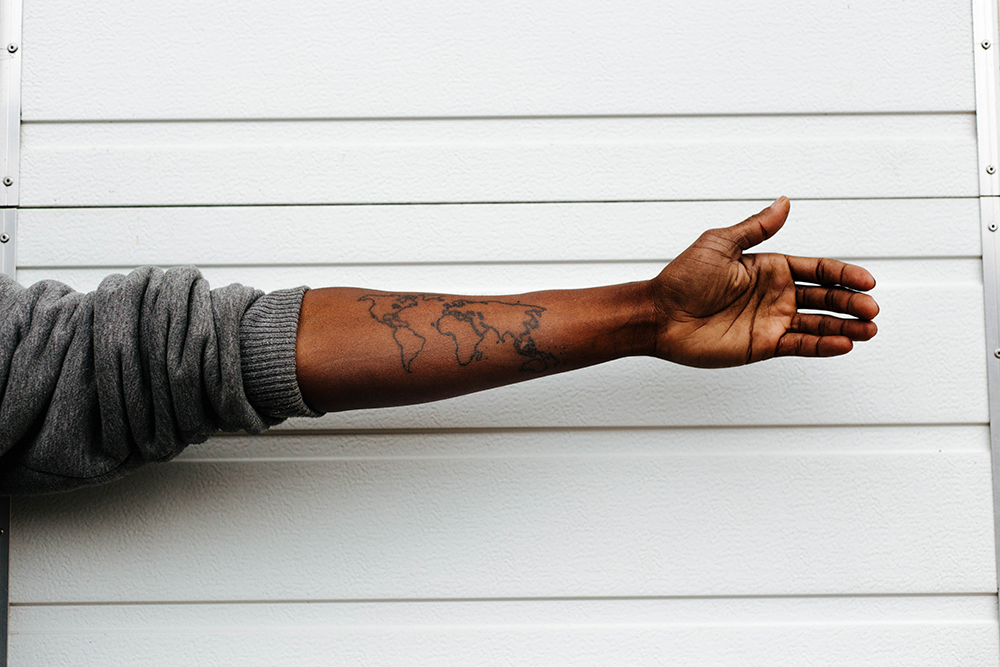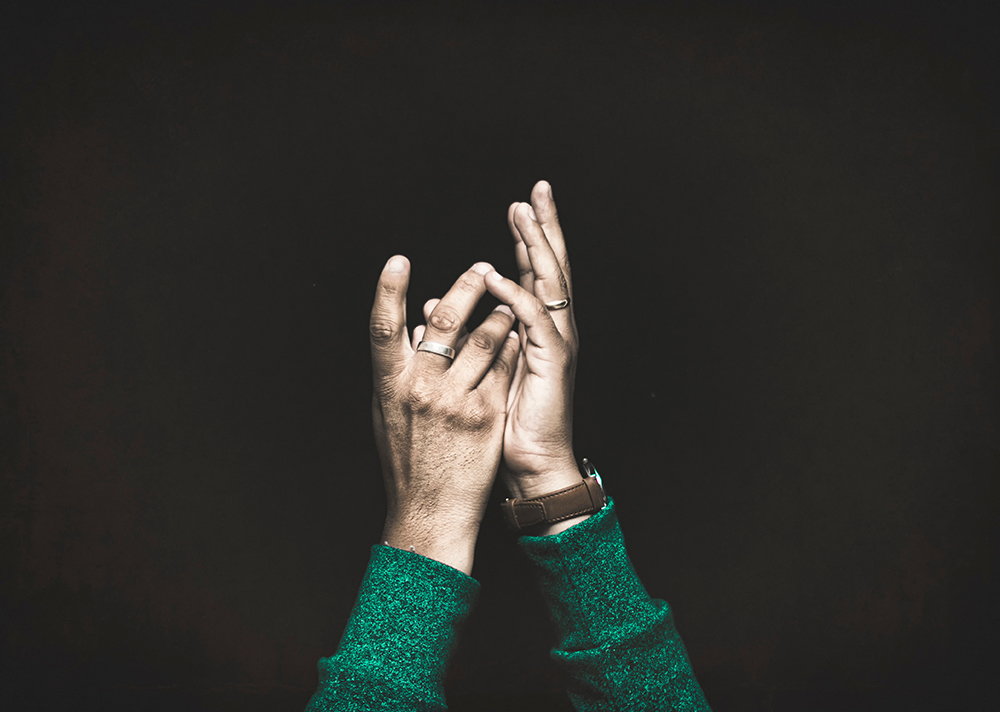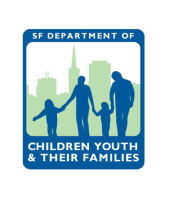“Where are you from?”
This is a question that, as an Asian American living in San Francisco, I’ve only been asked once, but I know as soon as I leave the Bay Area, I will hear it a lot more often. This question implies that I am perceived as a foreigner, not an American, and that irks me because I was born and raised in America; shouldn’t that deem me just as American as any other person?
The reason why I am not asked this question often in SF is because I am not a minority here, if anything, I’m actually a majority. 33% of people in SF are Asian (source) while only 5% of people in the US are Asian (source). I remember my eighth grade history teacher told us when he went to Virginia, people took pictures of him because it was so rare to see an Asian there. Asians in SF don’t experience nearly as much racism as they would in other parts of the US because they are the majority here—it’s difficult to stereotype every single Asian when there are so many of them. When there are so many people of one race or ethnicity, you can see that each person is different and not everyone falls under the stereotype of “the nerdy Asian who’s good at math.” This is why diversity is important—it eliminates stereotypes and racism.
At every school I have attended, I have always been part of the majority; my high school right now is 57% Asian and only 14% Caucasian. While I am grateful that I’ve never had to encounter much racism in my life, there are some downfalls to being a part of the majority. Having grown up surrounded by other Asians, I have learned to naturally gravitate towards other Asians, and I’ve noticed others do the same within their particular race as well. I’ve been trying to figure out the reason for this racial grouping and I think that by basic human nature, people tend to group themselves with others who they share characteristics with, such as race.
On the first day of school, I often see people automatically going to sit with others of the same gender. However, I also see the same thing happen with race—Asians going to sit with other Asians, Caucasians going to sit with other Caucasians, and those who are neither Asian or Caucasian sitting in a small group together, thus resulting in the entire classroom being divided by race. I have also noticed that during group work, my Asian friends often aren’t as welcoming to the non-Asians in our group, though I’m sure they don’t necessarily intend to do so. I used to subconsciously prefer Asians over those of other races as well, and as a result, almost all of my friends are Asian. I could probably count all my close friends who aren’t Asian on a single hand. Fortunately, I am now aware of this implicit preference towards Asians, and so now I make an effort to include everyone in my life, regardless of race. I’m not trying to accuse every single person of being racist, nor am I claiming to be the epitome of tolerance, I’m just trying to convey how sometimes we have a subconscious preference towards those of our same race.
Though I am aware of how I always sat with other Asians and associated myself with them, a lot of people aren’t aware that they’re doing the same with their race. This is a problem because minority groups often don’t have anyone to group themselves with at school. When people feel alone and don’t have anyone to support them at school, they can fall behind in class because they have no one to ask for help, and subsequently, end up feeling more intimidated by the class and the teacher. As someone who used to be so extremely introverted, I can say that I excelled a lot more in classes where I had more friends, compared to classes where I had few friends. Those of minority groups feeling alone could partly be the reason why there are more minority groups that drop out of school and just generally don’t do as well in academics compared to those of other races.
So how can we fix this problem of minority groups being left out? I think simply just being aware of it and changing your actions can make a difference. I want to reiterate that I’m not trying to label everyone as racist; we just often aren’t aware of the implicit racial biases we have and how we treat each race differently. I felt more comfortable talking to a fellow Asian compared to someone of a different race, and I have no idea why.
If you want to see if you have a subconscious preference over one race, you can take an Implicit Association Test and select one of the race IAT’s.

I also want to talk about the recent United Airlines incident because it ties in with why diversity is important. If you don’t know what the United Airlines incident is, or don’t know much about it, this is it in a nutshell: A domestic flight was overbooked so United Airlines randomly selected someone to be removed and it was an Asian immigrant. Law enforcement officers forcefully dragged him down the aisle and off the plane (video here). He suffered a concussion from hitting his head against an armrest and bled from his mouth and as a result of the force that was used, he was missing teeth.
How the officers treated the man was so incredibly demeaning and inhumane. Though there’s no way to prove he would’ve been treated differently if he were of a different race, I believe being Asian played a big part in why they treated him so ruthlessly. Asian immigrants are often perceived as clueless and less-than others because they come from a different country, so people assume they don’t know much about this country. I think the officers dragging him away shows that they had belittled this man because he was an immigrant and don’t recognize him as an actual human being, and thus did not treat him like one.
Here are some videos that I found really eye-opening and interesting if you’re interested in learning more about diversity:
The Daunting Struggle to Diversify Elite Public High Schools (A video made about my school, Lowell High School)
If White People Thought About Race like People of Color
If Black People Said the Stuff White People Say
Do You Have a Racial Bias?
If Asians Said the Stuff White People Said
25 Mini-Films for Exploring Race Rias and Identity with Students
Do White People Get Stressed Talking About Race?
I’m Asian But I’m Not…
Header via Cristian Newman





